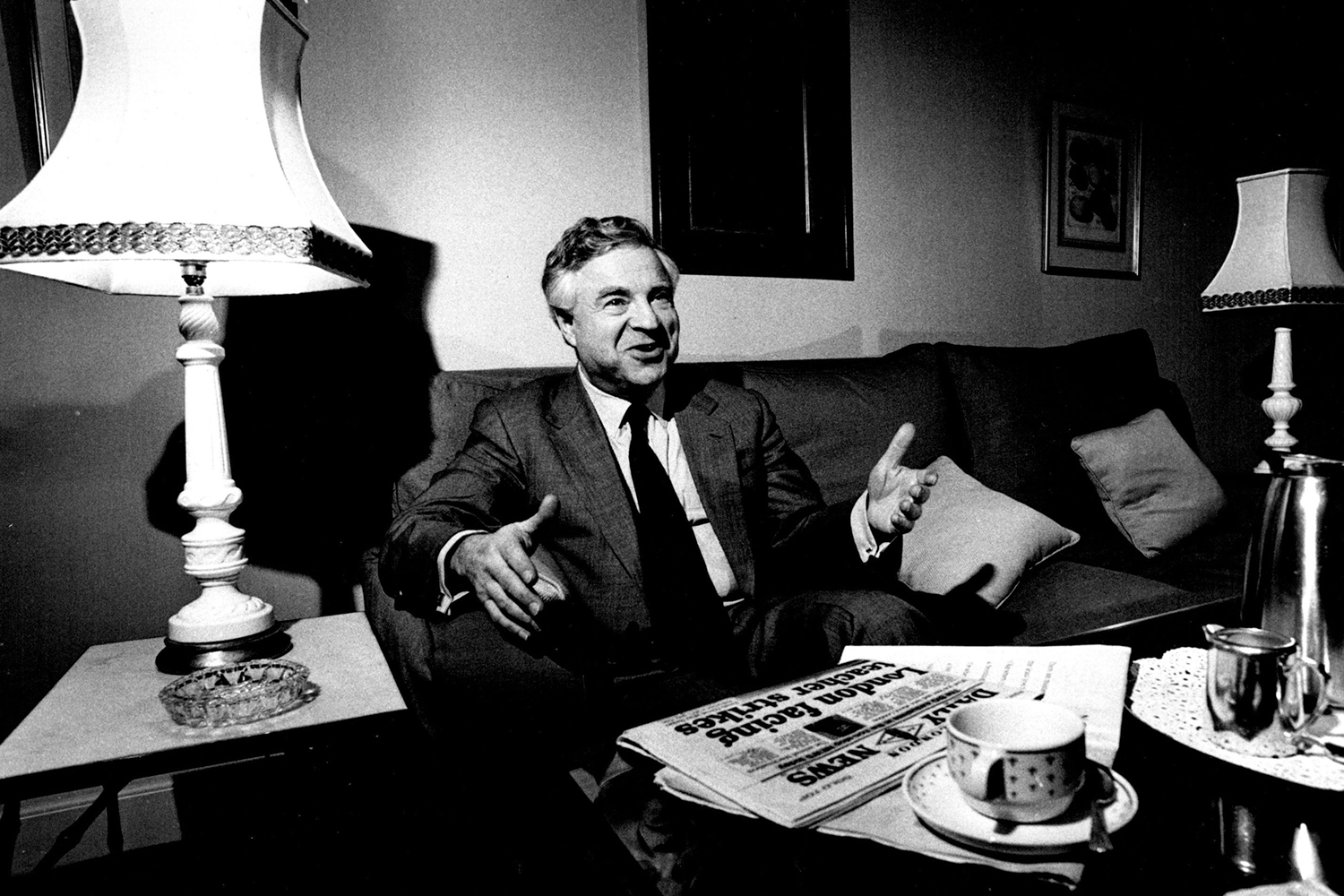Not many writers can say they dramatically reshaped their area of expertise. But in the case of Arthur Frommer, who died this week at the age of 95, that would be an accurate reflection of his impact on how millions of people think about travel. In the mid-1950s, he published two books that made international travel far more accessible: 1955’s The GI’s Guide to Traveling in Europe and 1957’s Europe on 5 Dollars a Day: A Guide to Inexpensive Travel.
Living in a world where it’s easy to find information on prospective destinations, it can be easy to underestimate how groundbreaking Frommer’s work was. In her book The New Tourist, Paige McClanahan wrote that Frommer “proved that seeing the sights of Europe was very much within the budget of most middle-class Americans.” In doing so, he played a critical role in shaping the way countless travelers have made their way around the world in the decades since.
As the news of Frommer’s death circulated, fellow writers and editors shared stories of his impact on social media. Author Beth Harpaz recalled meeting him during her time working at the Associated Press. “He was a true innovator who told middle-class Americans that they could afford (& would love) vacations in Europe if they stayed in local inns and ate local food — radical ideas at the time,” she wrote.
How the Internet Saved and Also Killed Travel Writing
An end of an era, or just a slight change in direction?Travel journalist Nicola Williams called Frommer “[o]ne of the hardcore originals back in the 1950s” and stated that “[e]very existent travel or guidebook writer has something to thank the late Arthur Frommer for.” And writer Doug Mack mentioned that Frommer had influenced multiple generations of his family. “He inspired my mom in the 1960s—and me, a generation later,” Mack wrote. “I followed in his footsteps for my first book. Felt like I knew him.”
In a 2013 article for The Morning News, Mack argued convincingly that Frommer “created mass tourism as we know it.” It’s hard to argue with someone who advocated for people to expand their horizons, be ambitious with their travel plans and try something new. Next time you find yourself sitting at a cafe terrace in France or sipping a spritz in Italy, make sure to toast to Frommer.
This article was featured in the InsideHook newsletter. Sign up now.
